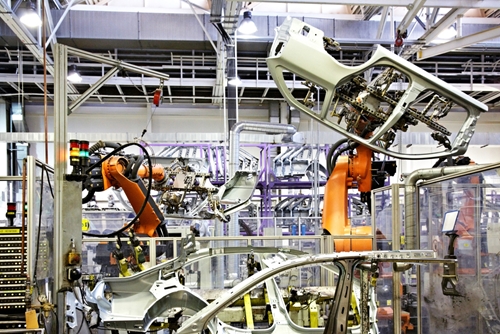Big data is no longer a new concept in most industries, manufacturing included. Businesses as a whole in this sector recognize the value of a data warehouse solution – even though some organizations don't presently have such systems in place – that helps the company better analyze current performance and understand a variety of future-facing considerations.
It's no longer so much a fight for recognition of big data in the manufacturing industry as it is a search for the most effective internal practices and approaches to informational organization, security and maintenance as well as the best data warehousing services. Another issue among the chief concerns in the manufacturing big data realm is managing the growing amount of information a company produces internally and receives from external sources.
"Businesses as a whole in the manufacturing sector recognize the value of a data warehouse solution."
Managing growing data sources
Industry news site The Manufacturer pointed out the increasing digitization and general use of technology across all aspects of manufacturing, from procuring raw materials to distribution and logistics concerns, means rapidly increasing data volume for the majority of businesses. Without the right systems and operational practices in place to efficiently manage the constant stream of data flowing into and through a business, effective management – let alone use – of big data is incredibly difficult, if not impossible.
The limits of process optimization
The Council of Supply Chain Management Professionals' Supply Chain Quarterly recently looked at the issues with process optimization and noted big data can fill important roles when those streamlining efforts reach a functional stopping point. A recent UPS market research firm IDC report, titled "The Rise of Optimization: Reaching New Levels of Operational Excellence," referenced in the CSCMP article, notes optimization can't do much more for businesses that have already engaged in extensive efforts because processes have to remain flexible to an extent. Excessive optimization can create too-firm business practices that won't easily adapt to new demands, disruptions and changes in the market.
Big data allows companies to develop sustainable advantages by making operations more visible and aiding in the analytical processes that reveal opportunities and areas where improvements can be made. By analyzing performance both as a whole and in individual areas, companies can increase efficiency and reduce waste in many areas, avoiding too much optimization and the associated consequences. The most critical decision for manufacturers is to find a provider and solution that will help them manage growing data sources and put organizations in a position to use that information to make improvements across all areas of operation.






